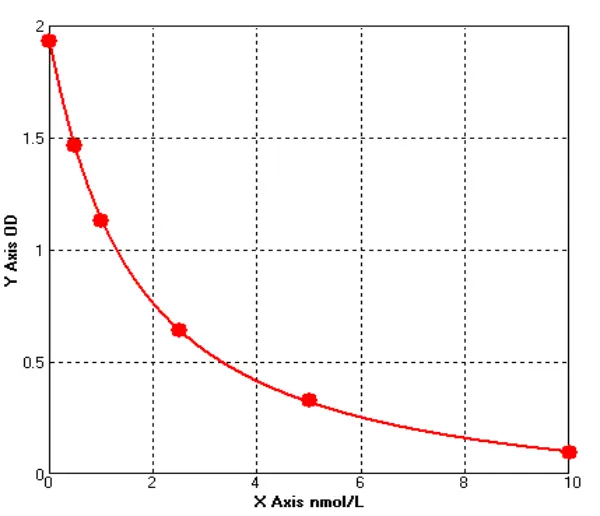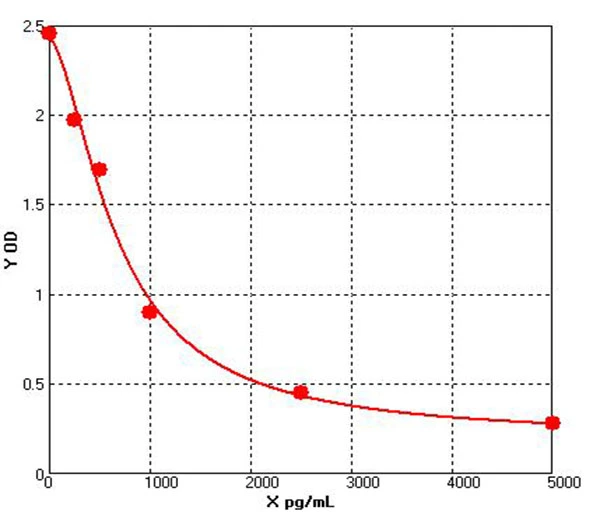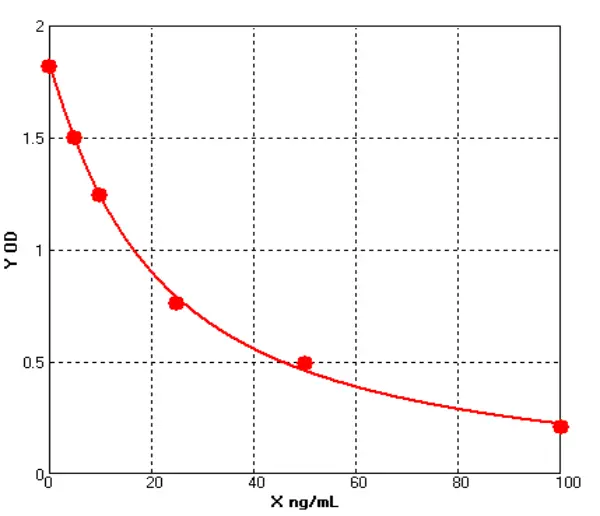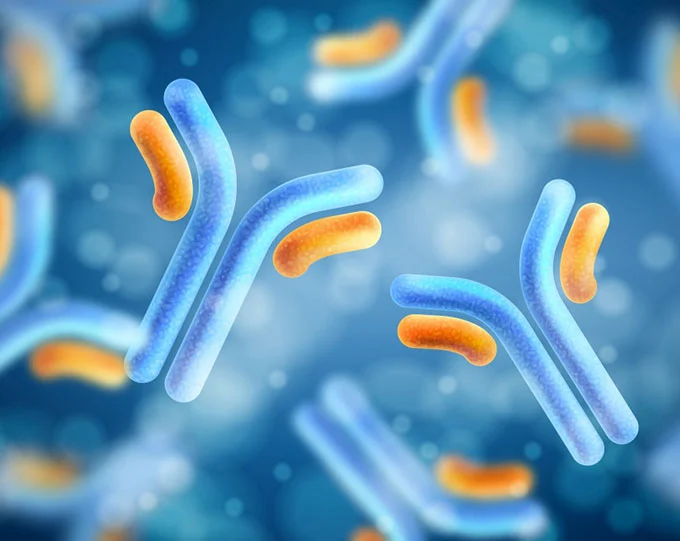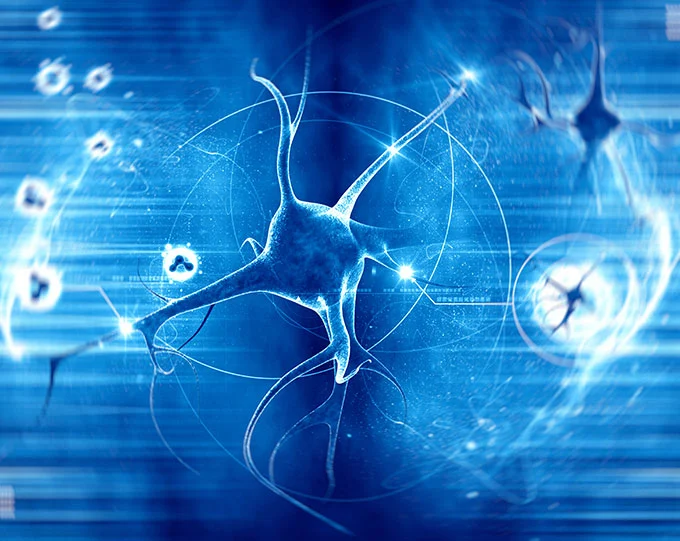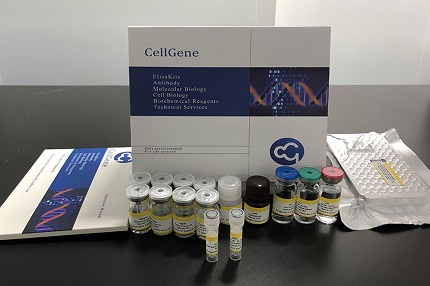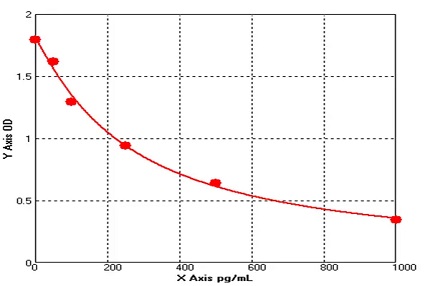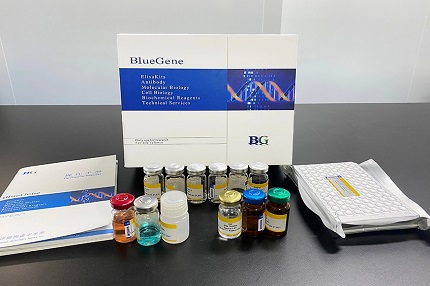- Host Cell Protein Detection Kits
- Host Cell DNA Residue Detection Kits
- Antibodies
- Recombinant Proteins
- ELISA Kits
- Cellular Component Protein Library
- Plasmids
- Promotions
-
Collagen 1 ELISA: Principle, Advantages, and Clinical Applications
The principle of the Collagen 1 ELISA is to use the enzyme-linked immunosorbent assay (ELISA) technology to quantitatively detect the ColⅠcontent in samples through a double-antibody sandwich method....
Apr.18, 2025Read More > -
Monitoring Chronic Diseases Using BFGF ELISA Kit
Chronic diseases pose a significant challenge to global health, often accompanied by long-term inflammation, tissue damage, and repair processes. In the study of these diseases, basic fibroblast growt...
Apr.16, 2025Read More > -
The Need for Methamphetamine Residue Detection
Methamphetamine, as a commonly abused drug, has seen increasing concern over its residue in food and pharmaceuticals. With the growing threat of drug abuse to public safety and health, regulatory agen...
Apr.14, 2025Read More >
Detection of Cytokines
Cytokines have been shown to be involved in important physiological activities such as immune regulation and inflammatory response, tissue repair, stimulation of the hematopoietic system, stimulation of cell proliferation and apoptosis, and play an important role in resisting foreign pathogens and maintaining the balance of the body's internal environment.
The clinical applications of cytokines mainly include:
Participating in the inflammatory response caused by infection, such as TNF-α, IL-1, IL-6, IL-8, etc.;
Promoting tumor cell growth and metastasis, such as TNF -β, IL-10, IL-6, etc.;
Mediate transplant rejection, such as IL-2, IFN-γ, etc.;
Mediate immune diseases: ①Immune deficiency, such as IL-2 receptor γ chain gene (X chromosome) mutation → IL-2, IL-4, IL-7, IL-9 and IL-15, and other cytokines dysfunction; ② hypersensitivity reactions, such as IL-4, IFN-γ, and other cytokines; ③ autoimmune diseases, such as IFN-γ, IL-2, and other cytokines.


